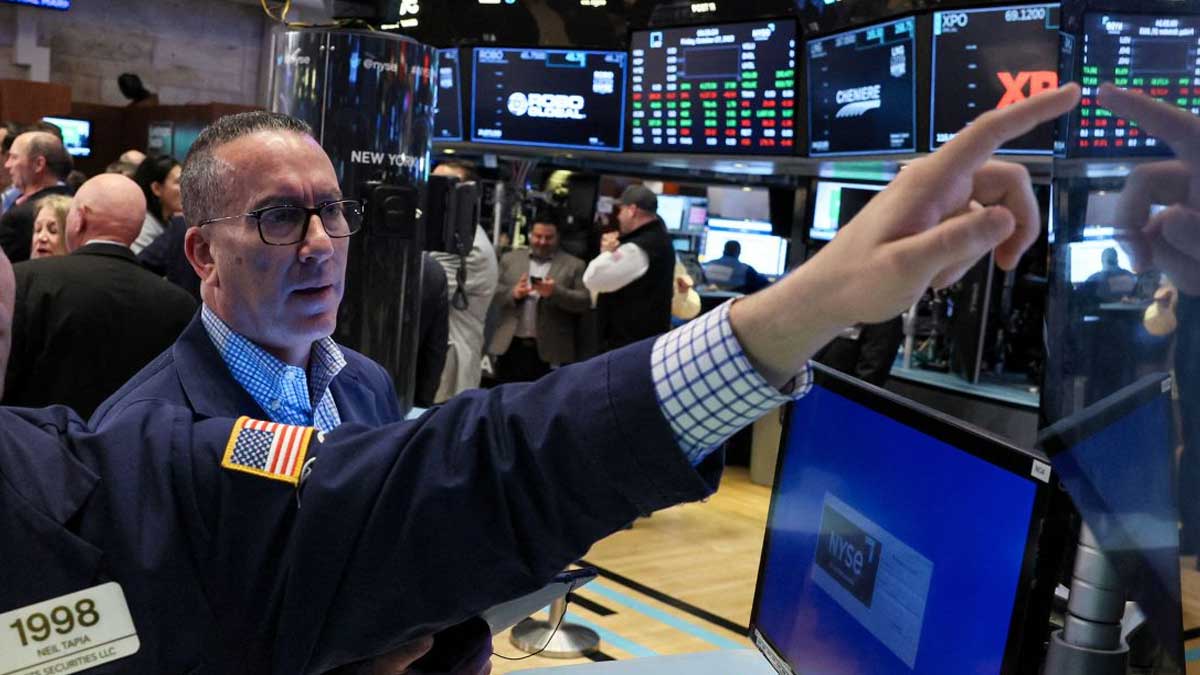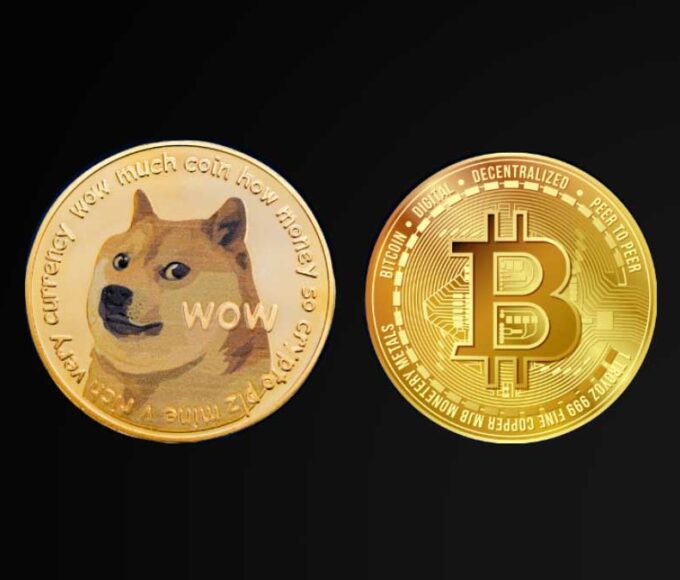- Home
- Billionaires
- Investing Newsletters
- 193CC 1000
- Article Layout 2
- Article Layout 3
- Article Layout 4
- Article Layout 5
- Article Layout 6
- Article Layout 7
- Article Layout 8
- Article Layout 9
- Article Layout 10
- Article Layout 11
- Article Layout 12
- Article Layout 13
- Article Layout 14
- Article Sidebar
- Post Format
- pages
- Archive Layouts
- Post Gallery
- Post Video Background
- Post Review
- Sponsored Post
- Leadership
- Business
- Money
- Small Business
- Innovation
- Shop
Recent Posts
S&P 500 Ends Week Almost Flat Despite Volatility

The leading U.S. stock market index ended the week nearly unchanged, masking a tumultuous period for the S&P 500. The index experienced its best and worst days in the past 18 months, highlighting the stock market’s unpredictable nature. Despite gaining 0.5% on Friday, the S&P closed the first week of August down 0.05%, dipping slightly from 5,346.56 to 5,344.16.
In a broader context, the S&P 500 recorded its fourth week in the past two years with less than a 0.1% weekly movement. However, this stability belied significant volatility throughout the week. On Monday, the S&P 500 plunged 3% due to global concerns over a potential market crash, exacerbated by worse-than-expected U.S. monthly unemployment figures. This led Wall Street’s “fear gauge” to spike briefly to levels not seen since March 2020. The market quickly rebounded, though, as subsequent employment data eased fears of an imminent recession.
“Investors have become quite reactive following a strong and steady period for the market,” said Mark Hackett, Nationwide’s head of investment research, in an email statement. The other two major American equity indexes, the Dow Jones Industrial Average and the Nasdaq Composite, also recovered most of their weekly losses. The Dow, which is heavily weighted with large-cap stocks, ended the week down 0.2%. Meanwhile, the tech-focused Nasdaq experienced a 0.6% weekly loss.
“Market narratives can change quickly, but they are not always right,” wrote Raymond James’ Chief Investment Officer Larry Adam in a note to clients, addressing the recent fluctuations in the stock market. Last Friday’s jobs report spurred recession fears due to the Sahm indicator, which tracks changes in the unemployment rate. Additionally, concerns about the historically conservative Bank of Japan potentially raising interest rates to stabilize the yen contributed to the market’s abrupt decline, with fears of long-term impacts. Despite the recent recovery, stock indexes worldwide remain lower than their all-time highs set earlier this year. Europe’s Stoxx index is down 5% from its peak in May, the S&P 500 is down 6% from its July high, and Japan’s Nikkei is down 17% from its July peak.
While the current situation does not warrant declaring victory over recession fears—Goldman Sachs and JPMorgan Chase estimate a 25% or higher chance of a U.S. recession within the next year—further declines in stock values could still be on the horizon. Historically, stocks often decline before experiencing long-term gains. Between 1928 and 2019, the S&P 500 faced an average annual drawdown of 16%, according to Bespoke Investment Group. This year’s drawdown, at 8.5%, is relatively moderate and does not signal alarm bells. “While sell-offs are never comfortable, this year has been relatively calm from a historical perspective,” Adam observed.
Recent Posts
Categories
- 193 Countries Consortium Partner1
- 193cc Digital Assets2
- 5G1
- Aerospace & Defense48
- AI37
- Arts3
- Banking & Insurance11
- Big Data3
- Billionaires1,274
- Boats & Planes1
- Business332
- Careers13
- Cars & Bikes79
- CEO Network1
- CFO Network17
- CHRO Network1
- CIO Network1
- Cloud10
- CMO Network18
- Commercial Real Estate7
- Consultant1
- Consumer Tech194
- CxO1
- Cybersecurity73
- Dining1
- Diversity, Equity & Inclusion4
- Education7
- Energy8
- Enterprise Tech29
- Events11
- Fintech1
- Food & Drink2
- Franchises1
- Freelance1
- Future Of Work2
- Games149
- GIG1
- Healthcare79
- Hollywood & Entertainment203
- Houses1
- India’s 1000 Richest1
- Innovation46
- Investing2
- Investing Newsletters4
- Leadership65
- Lifestyle11
- Manufacturing1
- Markets20
- Media327
- Mobile phone1
- Money13
- Personal Finance2
- Policy569
- Real Estate1
- Research6
- Retail1
- Retirement1
- Small Business1
- SportsMoney42
- Style & Beauty1
- Success Income1
- Taxes2
- Travel10
- Uncategorized13
- Vices1
- Watches & Jewelry2
- world's billionaires1,243
- Worlds Richest Self-Made Women2
Related Articles
HBO and Cablevision Founder Charles Dolan Dies at 98
Charles Dolan, the visionary founder of HBO and Cablevision, passed away at...
By 193cc Agency CouncilDecember 30, 2024Bitcoin Reaches $100K, But Altcoins Outperform in 2024
Bitcoin’s performance in 2024 was nothing short of historic, as it crossed...
By 193cc Agency CouncilDecember 28, 2024Apple Unveils Limited-Edition Year of the Snake AirTag in Japan
In an announcement that will likely leave Apple enthusiasts excited but also...
By 193cc Agency CouncilDecember 27, 2024Mega Millions Jackpot Hits $1.15B; Winner Faces Major Taxes
The Mega Millions jackpot has soared to an estimated $1.15 billion, following...
By 193cc Agency CouncilDecember 26, 2024















Leave a comment